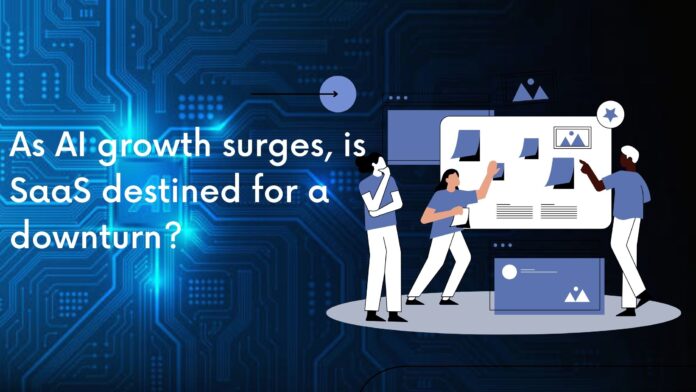As software becomes increasingly commoditized in the AI era, speculation about the future of SaaS and enterprise software has intensified.
Conversations in Silicon Valley and beyond are becoming increasingly candid: Have we reached the end of SaaS, putting companies like Salesforce Inc., Workday Inc., NetSuite Inc., and ServiceNow Inc. at risk?
For the past two decades, the SaaS business model has been celebrated for its stickiness and ease of adoption. The pay-per-use approach lowers the barrier to entry while providing incremental enhancements that reduce risk and ensure enterprises have continuous access to the latest features.
Then AI emerged, disrupting the industry in significant ways. One of its byproducts has been the renewed importance of SaaS and its offerings.
However, I would argue that SaaS is far from dead. In fact, I contend that the key SaaS and enterprise software providers now play an even more vital role in the tech ecosystem. Nevertheless, SaaS companies that simply aim to integrate AI features into their existing software while charging incremental fees are more vulnerable than ever before.
What is the future of SaaS?
In the future, we can expect abstractions similar to those seen with OpenAI and other large language models. We will have tools capable of utilizing multimodal interfaces to ask and answer questions, seeking out information. As demonstrated by the latest reasoning models, these tools will also assist us in reasoning and problem-solving.
Understanding Agentic AI and its implications.
As SaaS evolves in the age of AI, Agentic AI will increasingly handle high-volume tasks, becoming more efficient and accurate in its deterministic functions. The limitations of robotic process automation will diminish as agents leverage generative models, neural networks, reinforcement learning, and other advancements.
This is an incredibly exciting time and represents an inflection point.
While the end of SaaS and other enterprise software is not imminent, the methods by which we purchase and consume software will change. Software giants like Microsoft Corp., Salesforce, ServiceNow, Oracle Corp., and others must actively transform the consumption layer to help businesses derive greater value from their software investments, aligning with the capabilities of generative AI.


